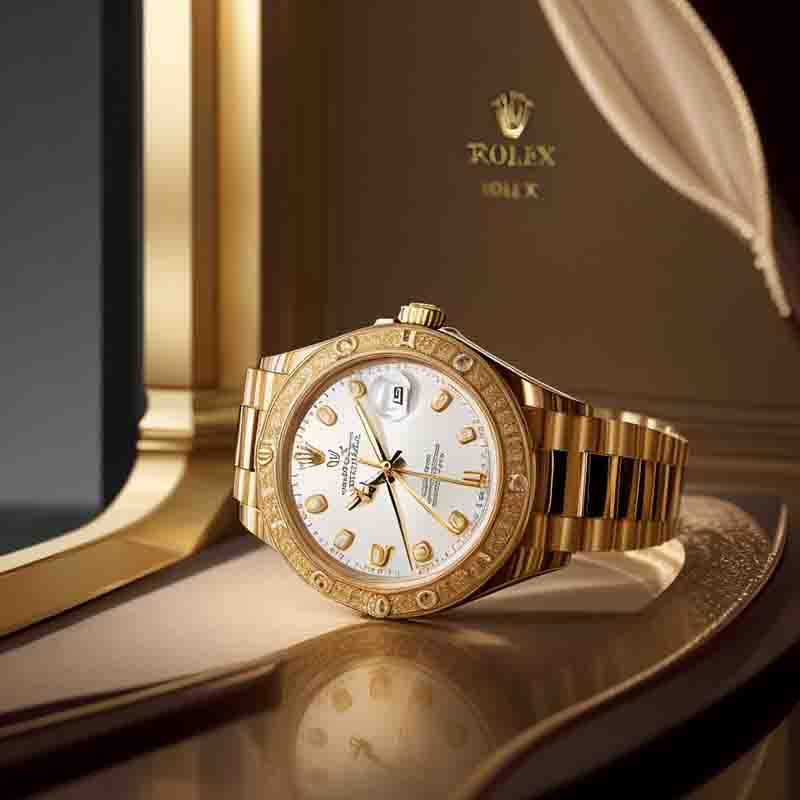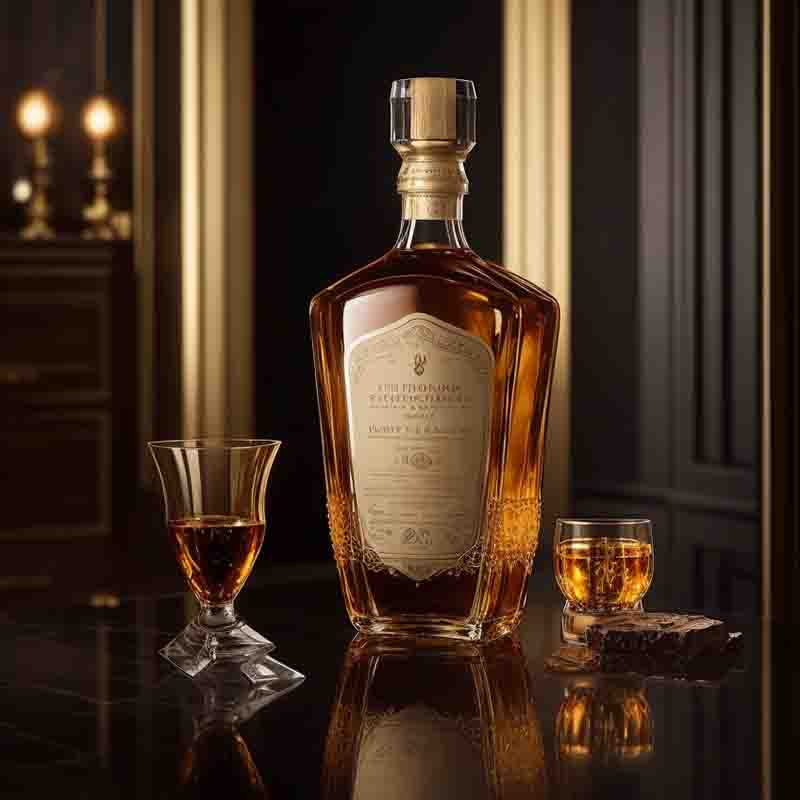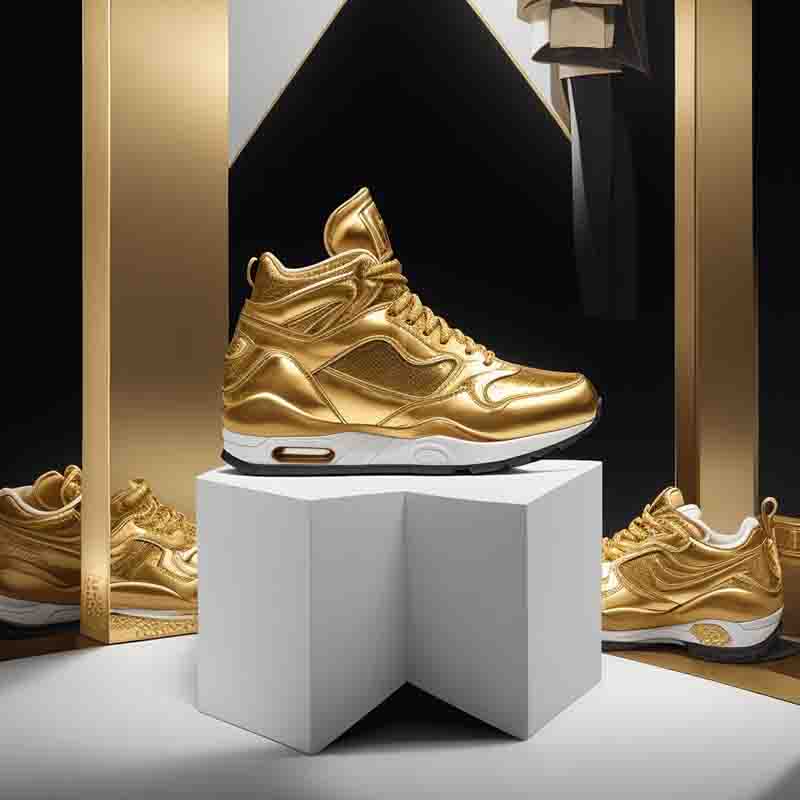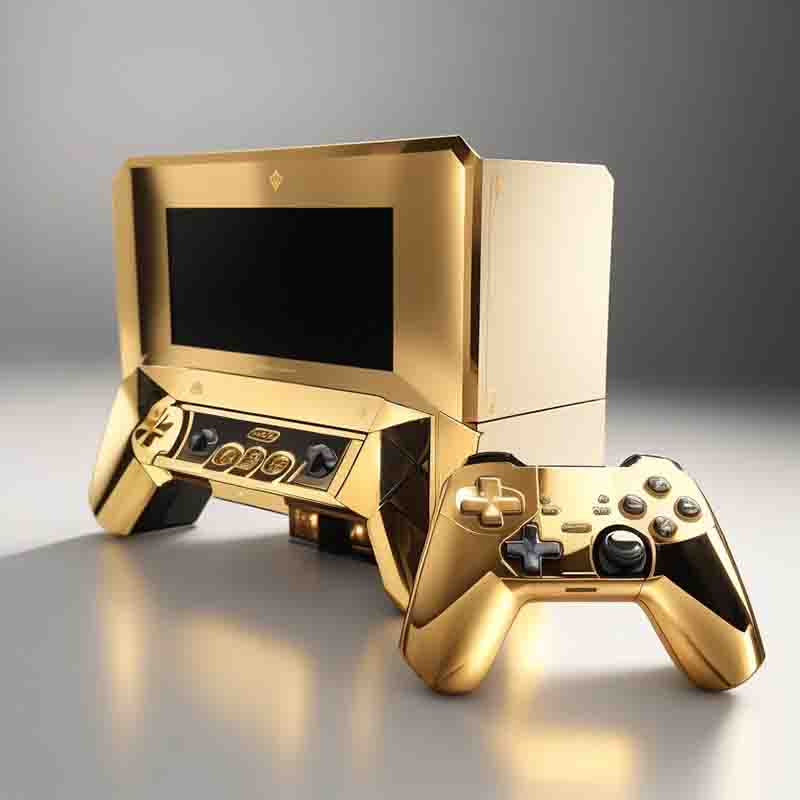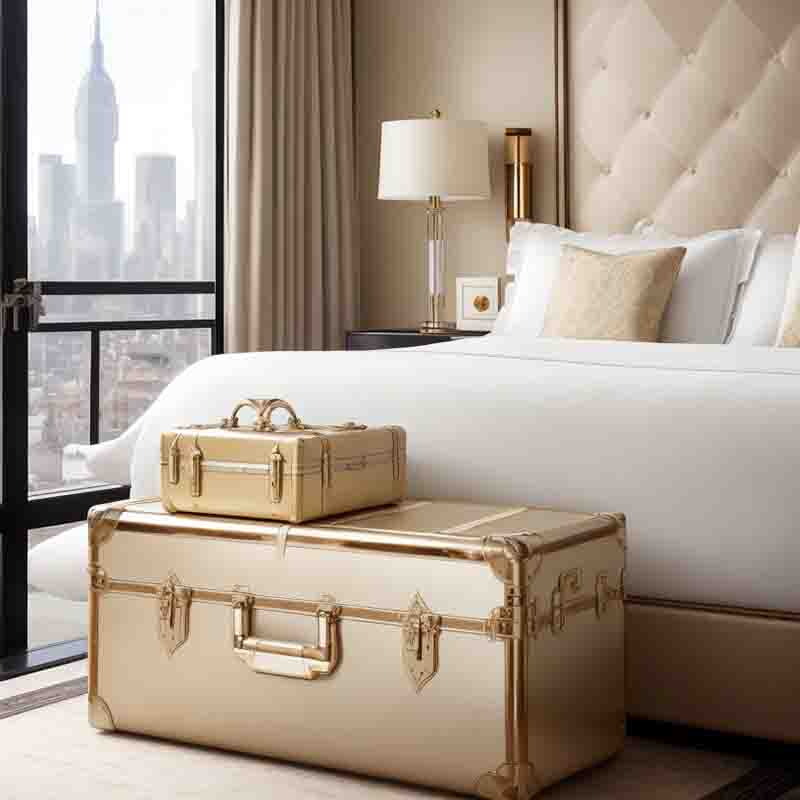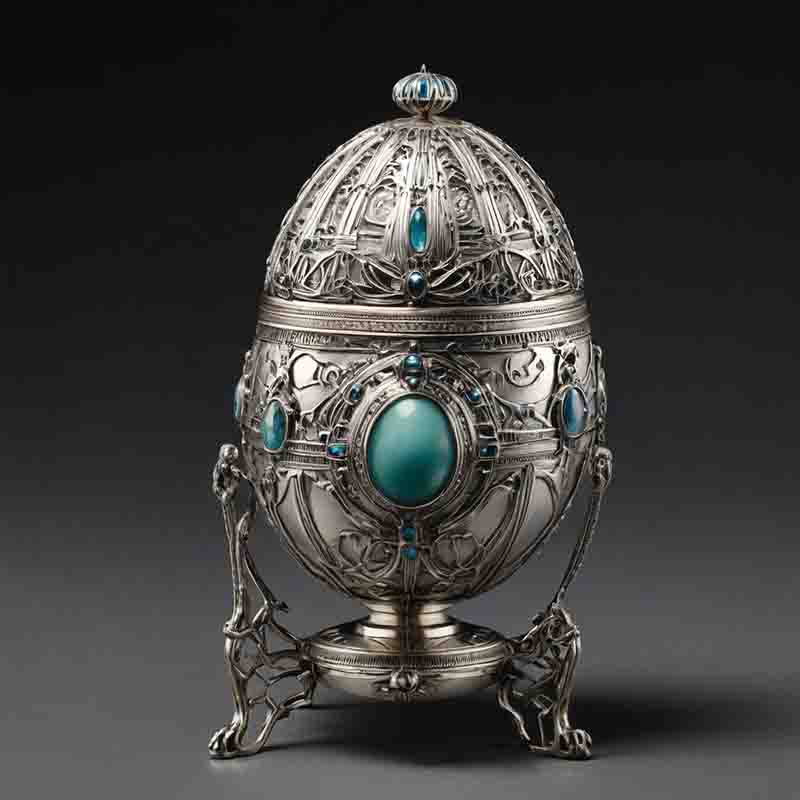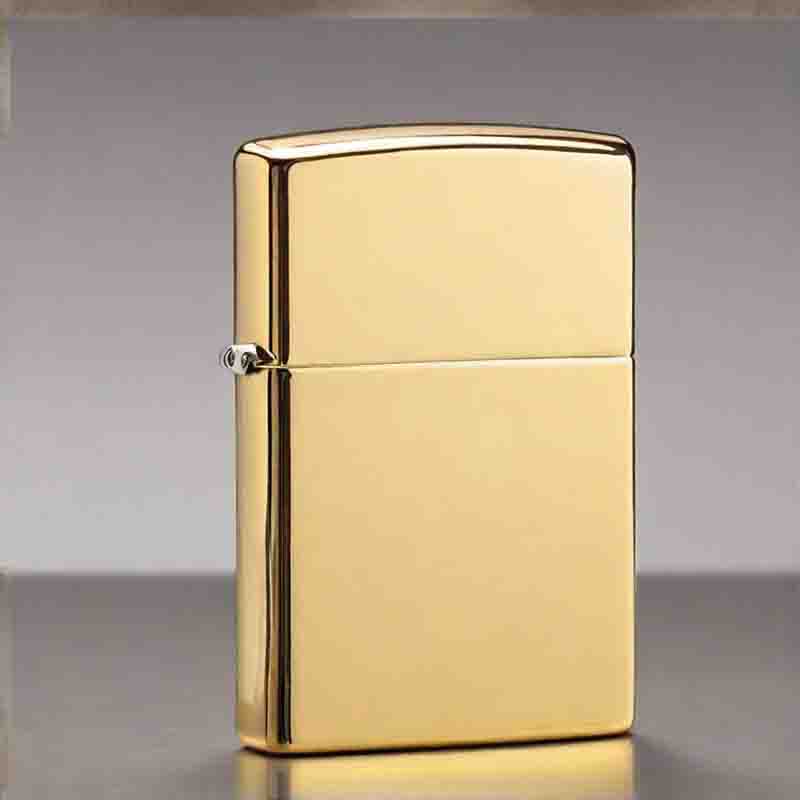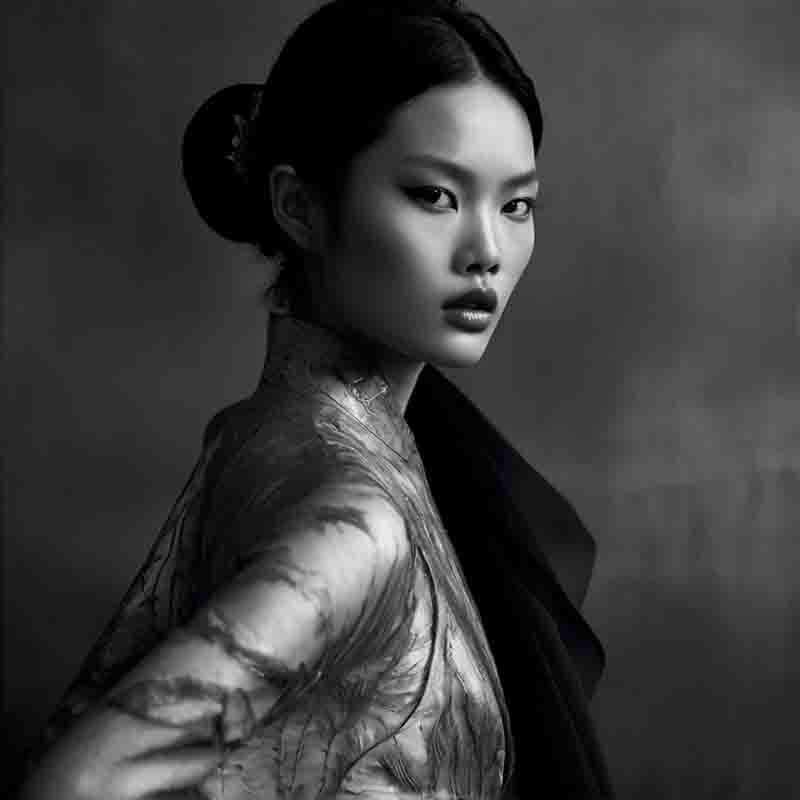The Pinnacle of Sophistication and Luxury Brands
In today's global consumer landscape, luxury brands hold a distinct and enduring fascination. But what precisely defines a luxury brand, and why is it so important to grasp its essence?

The world of luxury automobiles is a discipline where precision engineering, cutting-edge technology and artistic design come together.
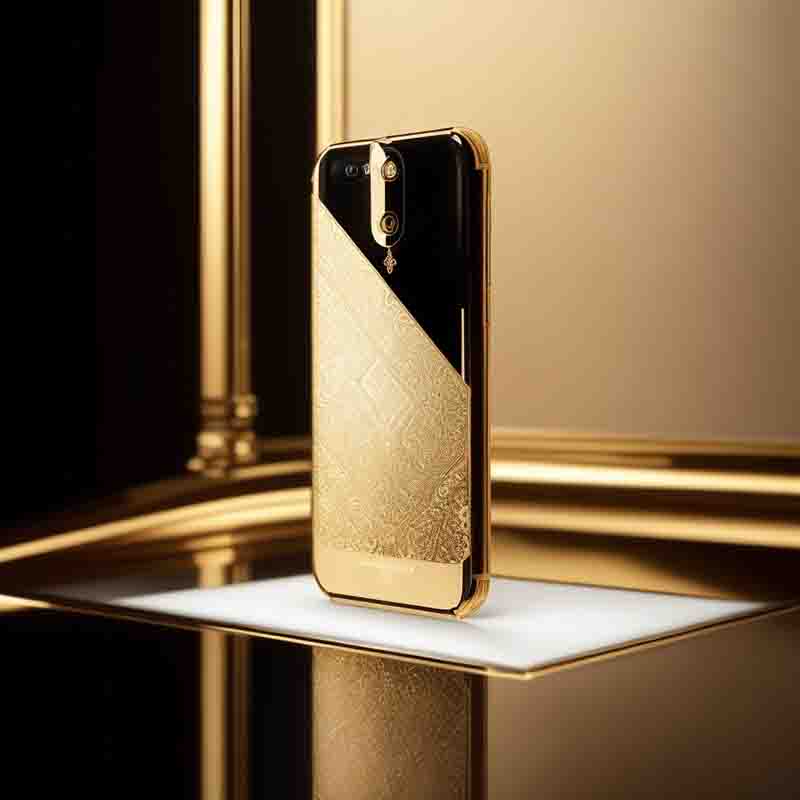
Luxury phone cases are designed to elevate your smartphone's style and protection. They go beyond mere protection to become a statement.
Luxury Brands: A Deep Dive into the World of Luxury
Luxury is a complex, multifaceted concept that has been historically intertwined with prestige, exclusivity, and quality. Understanding luxury brands is not just about appreciating the elegance of their products; it's about comprehending the psychology and aspirations of those who covet them.
From the opulent boutiques of Paris to the sumptuous showrooms of New York, the attraction of luxury moves beyond societies and geographical confines.
Luxury brands command premium prices and are associated with a strong sense of heritage, superior design, and a commitment to delivering a unique and aspirational experience to their customers.
Detailed Timeline of the History of Luxury Brands
| Time Period | Key Developments | |
|---|---|---|
| Ancient Times | Luxury craftsmanship, like jewelry and textiles, found in Egyptian, Roman, and Chinese civilizations | |
| 17th Century | European monarchies (e.g., Louis XIV of France) set fashion and luxury standards with opulent courts and clothing | |
| 19th Century | Industrial Revolution brings mechanization and mass production, but luxury brands maintain exclusivity | |
| 1854 | Louis Vuitton establishes his eponymous brand, known for luxury luggage and iconic monogram canvas | |
| 1886 | Saks Fifth Avenue, the luxury department store, opens in New York City | |
| 1900 | Coco Chanel revolutionizes fashion with her luxury brand, Chanel | |
| 1921 | Gucci founded in Florence, Italy, becomes known for its leather goods and luxury fashion | |
| 1927 | Cartier introduces the Tank watch, an iconic luxury timepiece | |
| 1954 | Dior introduces the "New Look," redefining high fashion and luxury | |
| 1966 | Ralph Lauren launches Polo Ralph Lauren, a luxury fashion brand | |
| 1978 | Gianni Versace founds the luxury fashion house Versace | |
| 1985 | Michael Kors launches his luxury fashion brand | |
| 2001 | Apple releases the first iPod, combining technology and luxury design | |
| 21st Century | Luxury brands adapt to e-commerce, sustainability, and changing consumer values while maintaining exclusivity |
What Constitutes a Luxury Brand: Exclusivity, Quality, and Prestige
In the world of commerce and consumerism, a term often bandied about is "luxury."
Whether it's luxury cars, designer fashion, exquisite jewelry, or high-end travel experiences, the notion of luxury is a prominent one.
The answer lies in a nuanced blend of factors, including exclusivity, quality, and prestige.
The Essence of Luxury Brands
Defining luxury is a nuanced and subjective task. It goes beyond the mere possession of expensive objects and ventures into the sphere of perception, emotions and identity.
At its core, luxury is a symbol of status and identity, and what is considered luxurious varies across cultures and eras.
It is the emotional connection people establish with luxury brands and products that truly defines luxury.
The psychology behind luxury involves a desire to stand out, to align with a select group, and to experience a heightened sense of pleasure.
Luxury items are often limited in quantity, creating an aura of exclusivity and desirability.
The pursuit of quality and craftsmanship is another hallmark. Luxury products are crafted with meticulous attention to detail and the use of the finest materials.
Moreover, the power of prestige and brand heritage plays a pivotal role.
Established luxury brands have rich histories and narratives that convey a sense of timelessness and a commitment to excellence.
Exclusivity: The Allure of the Unattainable
At the heart of luxury branding lies the concept of exclusivity.
The excitement of something that is unattainable for the average consumer is what distinguishes a luxury brand.
It's the notion that not everyone can possess this brand or its products.
This exclusivity can be expressed in various ways:
-
Limited Availability: Luxury brands often limit the production of their products, creating scarcity. This scarcity enhances the perception of exclusivity. Whether it's a limited-edition watch, a handcrafted handbag, or a rare vintage wine, limited availability adds an aura of exclusivity.
-
High Price Point: Luxury goods typically come with a hefty price tag. This high cost serves a dual purpose. It ensures that only a select few can afford the product, thus maintaining exclusivity. Moreover, it's a signal of quality and craftsmanship – something we'll discuss in more detail shortly.
-
Personalization: Many luxury brands offer personalized services. Whether it's a tailor-made suit, a bespoke fragrance, or a customized car interior, personalization enhances the feeling that the product is uniquely yours and not something that can be easily replicated by others.
-
Selective Distribution: Luxury brands are discerning about where their products are sold. You won't typically find them in every shopping mall. Instead, they choose high-end, exclusive retail locations that align with their brand image.
Exclusivity is a cornerstone of luxury. It elevates the brand above the masses and ensures that the target audience feels like a privileged few.
The History of Luxury Brands
The history of luxury can be traced back to ancient civilizations.
From the opulent garments of ancient Egypt to the intricate jewelry of the Roman Empire, the fascination with luxury has deep historical roots.
Luxury was often associated with royalty and the elite, and it served as a symbol of power and prestige.
The concept of modern luxury, as we know it today, began to take shape in the post-industrial era.
Iconic luxury brands like Louis Vuitton and Chanel emerged during this period, redefining luxury with their innovative designs and commitment to craftsmanship.
The impact of globalization on luxury cannot be understated.
Brands that once catered to a local elite clientele now reach a global audience, making luxury a truly international phenomenon.
Marketing Strategies of Luxury Brands
At the heart of luxury brand marketing is the art of storytelling.
Luxury brands craft compelling narratives that transport customers into their world.
These stories connect emotionally with consumers, allowing them to see the brand as more than just a provider of products.
Through storytelling, luxury brands build brand loyalty that exceeds transactional relationships.
Influencer marketing has become a prominent feature of the luxury sector.
Luxury brands collaborate with celebrities, high-profile individuals, and fashion influencers to endorse their products.
These partnerships amplify the visibility and desirability of luxury items, expanding their reach and credibility.
The key to successful influencer marketing in the luxury industry is authenticity and relevance.
Sustainable and Eco-Friendly Practices in the Luxury Industry
Sustainability has become a growing concern in the luxury industry.
Luxury brands are increasingly adopting eco-friendly practices, from sourcing materials responsibly to using sustainable production processes.
These initiatives align with the ethical values of modern consumers and contribute to the long-term sustainability of the luxury sector.
The second-hand luxury market is on the rise. Luxury brands are recognizing the potential of this market and, in some cases, actively participating in it.
Balancing sustainability and exclusivity is a challenge, but it's one that luxury brands are addressing to remain relevant in an environmentally conscious world.
Luxury Brands: Adapting to the Digital Era
E-commerce has become an integral part of the luxury brand landscape.
Digital flagship boutiques create immersive online environments that replicate the sophistication of physical stores.
Features like virtual showrooms, live customer support, and enhanced product descriptions are designed to make the online shopping experience as seamless and luxurious as possible.
Luxury Brands: Pricing Strategies and Positioning
Premium pricing is a hallmark of luxury brands. It helps maintain exclusivity, supports the perception of high quality, and generates higher profit margins.
Luxury brands often set their prices significantly higher than their competitors, reflecting the unique value and desirability of their products.
Luxury brands focus on positioning themselves as leaders in their category.
They emphasize their history, heritage, and commitment to excellence, which justifies their premium prices.
Consistency in brand positioning is key, ensuring that the online and offline experiences align seamlessly.
Authenticity of Luxury Brand Products
Luxury brands are committed to ensuring the authenticity of their products.
This includes educating customers on how to authenticate items and offering brand-initiated authentication services.
Building trust and transparency in the luxury sector is paramount.
Counterfeiting remains a challenge in the luxury industry. Luxury brands collaborate with governments, law enforcement, and global organizations to combat counterfeits.
Legal actions, technological solutions, and consumer education are all part of the multifaceted approach to protecting the integrity of luxury brands.
Verifying the authenticity of luxury brand products is crucial to avoid falling victim to counterfeit or fake items, which can be prevalent in the market.
Counterfeit products not only lack the quality and craftsmanship associated with genuine luxury goods but can also pose health and safety risks.
To ensure you're purchasing an authentic luxury product, follow these steps:
-
Buy from Authorized Retailers: One of the most reliable ways to ensure authenticity is to purchase from the brand's own boutiques or authorized retailers. Luxury brands have established networks of boutiques and authorized dealers around the world. Check the brand's official website for a list of authorized sellers.
-
Examine the Packaging: Authentic luxury products are known for their impeccable packaging. Check for high-quality boxes, dust bags, and tags that bear the brand's logo and design. Counterfeit packaging often lacks the attention to detail found in genuine luxury packaging.
-
Inspect Labels and Logos: Carefully examine the labels, logos, and insignias on the product. Luxury brands pay meticulous attention to detail. Check for accurate fonts, spacing, and alignment. Authentic products have well-crafted and clear logos, whereas counterfeit items may have imperfections.
-
Check Stitching and Seams: Quality craftsmanship is a hallmark of luxury brands. Examine the stitching and seams of clothing, handbags, and accessories. Authentic products have precise and even stitching, while counterfeit items may show irregular or sloppy work.
-
Test Hardware and Zippers: Luxury products often use high-quality hardware, such as zippers, buttons, and buckles. Ensure that these components work smoothly and have the brand's logo or insignia. Counterfeit items might have cheap or inferior hardware.
-
Examine Material Quality: Luxury brands use the finest materials, whether it's leather, silk, or precious metals. Familiarize yourself with the texture, feel, and quality of the materials used in authentic products. Counterfeits often use lower-quality or synthetic materials.
-
Request Documentation: Authentic luxury items typically come with documentation, such as certificates of authenticity, care instructions, and serial numbers. Always ask for and verify this documentation when making a purchase.
-
Research the Seller: If you're buying from a third-party seller, research their reputation and authenticity guarantees. Online marketplaces often have ratings and reviews. Ensure that the seller has a solid track record for selling authentic products.
-
Seek Professional Appraisals: For high-value items like luxury watches or jewelry, consider getting a professional appraisal from an expert or a brand-authorized appraiser. They can confirm the authenticity and value of the item.
-
Beware of Unrealistic Prices: If a deal seems too good to be true, it probably is. Luxury brands maintain strict pricing controls, and significant discounts are rare. Be cautious of sellers offering luxury products at heavily discounted prices.
-
Use Mobile Apps and Authentication Services: Some luxury brands offer mobile apps and authentication services. For example, brands like Louis Vuitton and Gucci have apps to verify the authenticity of their products. Use these tools when available.
-
Ask for a Second Opinion: If you have doubts about the authenticity of a product, consult with experts or seek a second opinion from a trusted source, such as an authorized dealer or a collector.
-
Trust Your Instincts: If something doesn't feel right, trust your instincts and walk away from the purchase. Authentic luxury items are an investment, and it's essential to take your time and ensure their legitimacy.
Remember that counterfeiters continually improve their techniques, making it challenging to distinguish between fake and genuine products. Staying informed about the latest authentication methods and seeking guidance from experts can help you make confident and secure luxury purchases.
The Interplay of Exclusivity, Quality, and Prestige
The success of a luxury brand is dependent on the intricate interplay of these three elements: exclusivity, quality, and prestige.
When done right, they create a virtuous cycle. Exclusivity draws consumers in by making them feel part of an elite club.
Quality keeps them loyal by delivering on the promise of perfection.
Prestige rewards them by elevating their status and self-esteem.
In return, loyal consumers continue to choose and advocate for the brand, reinforcing its reputation.
It's worth noting that the definition of luxury is not static. It evolves with time and societal values.
Today, sustainability and ethical practices are becoming increasingly important in defining luxury.
Consumers are not only looking for exclusivity, quality, and prestige but also a commitment to values that align with their own.
Quality: The Pursuit of Perfection
While exclusivity captures the imagination, it's the aspect of quality that keeps consumers coming back for more.
Luxury brands are synonymous with impeccable quality, and this quality can be seen in various aspects:
-
Materials: Luxury brands spare no expense when it comes to materials. Whether it's the finest Italian leather, rare gemstones, or meticulously crafted metals, luxury products are often created from the best materials available.
-
Craftsmanship: Quality is reflected in the artistry and craftsmanship of the product. Whether it's the precision of a Swiss watchmaker, the expertise of a master tailor, or the skill of a jewelry artisan, luxury products are often handcrafted to perfection.
-
Durability: Luxury products are built to last. They're not disposable. The idea is that a luxury handbag or a pair of shoes is an investment that can be enjoyed for years or even generations. This focus on durability not only ensures the longevity of the product but also aligns with sustainability principles.
-
Attention to Detail: Every aspect of a luxury product is meticulously examined. From the stitching on a leather bag to the stitching on a designer gown, no detail is too small for scrutiny. The devil, as they say, is in the details.
-
Innovation: Luxury brands often lead the way in terms of innovation. Whether it's incorporating cutting-edge technology into their products or pushing the boundaries of design, they are constantly striving for innovation.
It's this relentless pursuit of perfection and quality that sets luxury brands apart. Consumers trust that when they purchase a luxury product, they are acquiring something of the highest quality and craftsmanship.
Luxury Brands create Exceptional Customer Experiences
Creating exceptional customer experiences is a hallmark of luxury brands, whether in the physical store or the online space.
These brands go to great lengths to offer a seamless, personalized, and memorable journey for their customers. Here's how they do it:
-
Elegant Store Environments: Luxury boutiques and flagship stores are meticulously designed to reflect the brand's identity and values. The atmosphere is curated to exude opulence and sophistication, creating a unique ambiance that sets the stage for a memorable experience.
-
Personalized Service: Customers are often greeted by knowledgeable and well-trained sales associates who provide one-on-one attention. These associates are equipped to guide customers through the product range, offer expert advice, and create a personalized shopping experience.
-
Private Appointments: Many luxury brands offer the option for private appointments, allowing customers to enjoy an exclusive shopping experience with undivided attention from sales associates. These appointments can include pre-selected items and even customization options.
-
Luxurious Fittings: High-end fashion brands offer custom fitting services, ensuring that clothing and accessories are tailored to the customer's exact measurements. This personalized approach to tailoring enhances the fit and comfort of the product.
-
Artisan Demonstrations: Some luxury boutiques incorporate live demonstrations by skilled artisans who showcase their craftsmanship. This not only educates customers about the production process but also adds an element of theater to the shopping experience.
-
Exclusive Events: Luxury brands host exclusive events, such as fashion shows, product launches, and private exhibitions. These events allow customers to immerse themselves in the brand's world and engage with the products on a deeper level.
-
VIP Programs: Luxury brands often have VIP or loyalty programs that provide special privileges to their most valued customers. These privileges can include access to limited-edition products, private sales, and invitations to exclusive events.
-
Luxurious Website Design: Luxury brands extend their elegant aesthetic to their online presence. Their websites are visually appealing, intuitive, and user-friendly. The layout and design mirror the brand's identity, creating a seamless transition from in-store to online shopping.
-
Virtual Shopping Assistance: Many luxury brands offer virtual shopping assistance through live chat, video calls, or chatbots. Customers can receive personalized advice and recommendations from expert online associates.
-
Personalized Recommendations: Luxury brands use data and artificial intelligence to provide customers with personalized product recommendations based on their browsing and purchase history. This enhances the online shopping experience and makes it more convenient.
-
Virtual Try-Ons: Some luxury fashion brands offer virtual try-on experiences, allowing customers to see how clothing and accessories will look on them through augmented reality (AR) technology.
-
Online Events: Luxury brands host online events, such as digital fashion shows and virtual tours of their collections. These events engage customers and provide a sense of participation, even from a distance.
-
Easy Returns and Exchanges: Luxury brands offer hassle-free returns and exchanges through online channels, making the experience of resolving issues as convenient as the initial purchase.
-
Elegant Packaging and Delivery: Luxury brands pay careful attention to the packaging and delivery of online orders. Products are presented in beautiful packaging, often accompanied by handwritten notes and other personalized touches.
-
Community and Engagement: Luxury brands foster online communities and engage with customers through social media and other digital platforms. They respond to customer inquiries, showcase user-generated content, and build a sense of belonging among their customers.
Whether in-store or online, luxury brands focus on building an emotional connection with their customers. They aim to create a sense of exclusivity, sophistication, and personalization, ensuring that every interaction is a memorable and unique experience. This commitment to exceptional customer experiences is a key factor in the enduring appeal of luxury brands.
Heritage and Tradition in the World of Luxury Brands
Heritage and tradition are vital in the world of luxury brands, playing a central role in defining their identity, enduring appeal, and reputation.
They convey authenticity, timelessness, and a strong connection to the past.
Customers are drawn to these brands not only for the products they offer but for the stories, values, and traditions that accompany them.
Heritage and tradition serve as a powerful foundation that sustains and elevates luxury brands in the ever-evolving world of fashion and luxury
Significance and Recognition of Luxury Brand Logos
The significance and recognition of luxury brand logos are profound and play a decisive role in the success of these brands.
These logos are more than just symbols; they represent a brand's heritage, quality, and the promise of a premium experience.
Here's an analysis of why luxury brand logos hold such importance:
-
Status and Prestige: Luxury brand logos are often associated with prestige and social status. Owning a product with a recognizable luxury logo is a symbol of success and affluence. It communicates that the bearer can afford the best.
-
Instant Recognition: Luxury logos are designed for immediate recognition. Their simplicity and distinctiveness make them easily identifiable, even from a distance. This recognition sets the brand apart and adds to its exclusivity.
-
Heritage and Tradition: Many luxury brands have been around for decades or even centuries. Their logos embody the brand's rich history and tradition. These logos serve as a bridge between the brand's past and present.
-
Quality Assurance: Luxury brand logos signify a commitment to quality. When consumers see a recognized logo, they have confidence that the product is well-crafted and made from the finest materials. This assurance adds to the perceived value.
-
Craftsmanship and Artistry: Luxury logos are often intricately designed, reflecting the brand's craftsmanship and artistry. The elegance and attention to detail in the logo are a reflection of what customers can expect from the products.
-
Cultural Significance: Many luxury brand logos have transcended the world of fashion and become cultural symbols. They are often associated with a particular lifestyle, identity, or even a geographic location.
-
Brand Loyalty: Luxury brand logos foster brand loyalty. Customers who appreciate the quality and style associated with a particular logo tend to remain loyal to that brand, making repeat purchases and becoming brand ambassadors.
-
Market Differentiation: Luxury brand logos distinguish these brands from the rest of the market. In a crowded marketplace, a recognizable logo helps the brand stand out and attract consumers seeking a premium experience.
-
Iconic Designs: Some luxury logos, like the Louis Vuitton LV monogram, have become iconic in their own right. They are not just logos; they are symbols of the brand's identity and the epitome of luxury.
-
Social Signaling: Luxury logos serve as a form of social signaling. They indicate that the bearer has a refined taste and an appreciation for quality. People use luxury products to communicate their values and identity.
-
Brand Storytelling: Luxury brands often use their logos as a central part of their storytelling. The logo becomes a visual representation of the brand's narrative, values, and vision.
-
Collectibility: Some luxury products with recognizable logos, like the Hermes Birkin bag or the Rolex Submariner watch, have become collectors' items. The logo adds to their desirability and collectible value.
Luxury brand logos are not just visual symbols; they are powerful statements of identity, quality, and prestige. They encapsulate the brand's heritage, expertise, and values.
Investment Prospects in the Luxury Brand Sector
The luxury brand sector has traditionally been seen as a resilient and attractive investment opportunity, characterized by a strong focus on excellence, workmanship and legacy.
Despite economic fluctuations, the allure of luxury products has remained consistent.
Here are several factors that make the luxury brand sector an appealing investment prospect:
-
Long-Term Demand: Luxury goods often maintain their demand over the long term, driven by the aspirational value of these brands. The desire for luxury products transcends economic cycles, making the sector relatively recession-proof.
-
Global Growth: The luxury market is expanding globally, with rising middle classes in emerging economies seeking luxury products. China, in particular, has become a significant market for luxury brands. This global reach provides diversification opportunities for investors.
-
Brand Power: Luxury brands possess strong brand recognition and loyalty. These intangible assets contribute to a company's competitive advantage and help maintain pricing power.
-
Resilience to E-Commerce: Luxury brands have successfully adapted to e-commerce and digital sales channels. They've found ways to balance online and offline experiences, ensuring that their appeal remains intact.
-
Sustainable Luxury: The trend toward sustainability and ethical practices is influencing the luxury sector positively. Brands that embrace these values are well-positioned to meet the expectations of modern consumers.
-
Scarcity and Exclusivity: Luxury products are often limited in quantity, which creates an aura of exclusivity. This scarcity enhances desirability and supports premium pricing.
-
Diversification: Many luxury conglomerates operate a portfolio of brands across various segments, including fashion, accessories, watches, and beauty. This diversification provides exposure to multiple facets of the luxury sector.
-
Innovation and Collaboration: Luxury brands are open to innovation and collaboration. They work with contemporary artists, designers, and influencers, which keeps their offerings fresh and relevant.
-
Second-Hand Market: The resale market for luxury items is growing. Luxury brands themselves are entering this space, providing opportunities for both primary and secondary market investors.
-
M&A Activity: Merger and acquisition activity in the luxury sector can provide investment opportunities. Companies are often on the lookout for strategic acquisitions to strengthen their portfolios.
-
Investor Interest: The luxury sector's resilience and potential for growth have garnered the attention of investors. Both institutional and individual investors are exploring opportunities within the luxury brand sector.
While the luxury brand sector offers many investment prospects, it's important to exercise due diligence and consider several factors, including brand reputation, management quality, market trends, and financial health, before making any investment decisions. Diversification and a long-term perspective are key strategies for success.
Behavior and Psychology of Consumers in Relation to Luxury Brands
The behavior and psychology of consumers in relation to luxury brand products are influenced by various complex factors.
Understanding these factors is critical for luxury brands to market their products effectively.
Here's an exploration of the behavior and psychology of consumers in the luxury brand sector:
-
Status and Social Identity: Consumers often associate luxury products with social status and identity. Owning a luxury item can be a symbol of success and affluence. The psychology here is linked to the desire to be perceived as part of an exclusive and elite group
-
Emotional Connection: Luxury brands evoke strong emotions in consumers. Owning a luxury product can provide a sense of pleasure, self-worth, and happiness. The act of purchasing and using luxury items is emotionally fulfilling.
-
Self-Expression: Luxury products allow consumers to express their individuality and personal style. The choice of a luxury item can reflect one's values, tastes, and aspirations. This psychological connection is about using luxury as a means of self-expression.
-
Perceived Quality and Exclusivity: Luxury brands are associated with superior quality and exclusivity. Consumers are willing to pay a premium for products they believe are of the highest quality and available only to a select few.
-
Conspicuous Consumption: Some consumers engage in conspicuous consumption, where they use luxury items to display their wealth and success to others. This behavior is driven by the desire to signal social status and gain admiration.
-
Aspirational Purchasing: Consumers often aspire to own luxury items they perceive as out of reach. This aspiration drives behavior and motivates individuals to work harder or save more to attain these products.
-
Hedonic Shopping: Luxury shopping is often seen as a hedonic, or pleasure-seeking, activity. Consumers derive pleasure from the shopping experience itself, from selecting and purchasing luxury items.
-
Scarcity and Exclusivity: The psychology of scarcity plays a significant role. Limited availability and exclusivity make luxury products more desirable. The fear of missing out (FOMO) can drive consumers to make a purchase.
-
Brand Loyalty and Recognition: Luxury brands with strong brand recognition often foster brand loyalty. Consumers may have a psychological attachment to a particular brand and choose it repeatedly due to the positive associations it holds.
-
The Role of Storytelling: Luxury brands often use storytelling to create an emotional connection with consumers. The narratives surrounding the brand, its history, craftsmanship, and values contribute to the psychological appeal.
-
Cognitive Dissonance: Some consumers experience cognitive dissonance after making a luxury purchase. They may justify the expense by convincing themselves that the product is worth it, aligning with their self-image and values.
-
Social Influence and Peer Pressure: Social influences, including the opinions of friends, family, and peers, play a role in purchasing decisions. Consumers may feel pressure to conform to the preferences and behaviors of their social circles.
-
Instant Gratification vs. Delayed Gratification: The decision to purchase a luxury item can involve a psychological struggle between the desire for instant gratification and the ability to delay gratification by saving for the product.
-
The Role of Marketing and Advertising: Luxury brand marketing and advertising influence consumer behavior significantly. The use of aspirational imagery, celebrity endorsements, and storytelling techniques can shape consumer desires.
-
Environmental and Ethical Considerations: Some consumers are increasingly concerned about the ethical and environmental aspects of luxury products. Brands that align with these values can appeal to this segment of consumers.
-
Cultural and Regional Influences: Cultural and regional factors can influence consumer behavior. What is considered a luxury brand and the psychological motivations for purchasing luxury products may vary across cultures and regions.
Understanding the complex interplay of these psychological factors is crucial for luxury brands to create effective marketing strategies and build lasting relationships with their customers. Tailoring their messaging and experiences to align with consumer motivations and aspirations is key to success in the luxury brand sector.
Pricing Strategies and Positioning of Luxury Brands
Pricing strategies and positioning are key elements of the success of luxury brands in the market.
These factors play a significant role in maintaining the brand's exclusivity, perceived value, and desirability.
Here's an examination of the pricing strategies and positioning of luxury brands:
-
Premium Pricing: Luxury brands adopt premium pricing strategies, setting their product prices significantly higher than those of their competitors. This premium pricing serves multiple purposes, including maintaining exclusivity, supporting the perception of high quality, and generating higher profit margins.
-
Value-Based Pricing: Luxury brands often base their pricing on the perceived value of the product to the customer rather than the cost of production. This approach justifies the premium prices by emphasizing the unique craftsmanship, brand heritage, and emotional value associated with the product.
-
Price Skimming: Price skimming is a strategy used by luxury brands when launching new products. Initially, the price is set high to capture early adopters and customers willing to pay a premium for exclusivity. Over time, prices may be adjusted to reach a broader market.
-
Limited Editions and Exclusivity: Luxury brands create limited edition products that are often priced higher due to their rarity. These items are positioned as exclusive collector's pieces, adding to their desirability.
-
Psychological Pricing: Luxury brands pay close attention to psychological pricing. Prices often end in "9" or "99" to make them appear more attractive to consumers. This strategy leverages the psychology of perception and can make high prices seem more reasonable.
-
Tiered Pricing: Luxury brands frequently offer tiered pricing to cater to various customer segments. This includes offering entry-level products at a lower price point, mid-range products, and ultra-premium items. The tiered approach enables broader market access while maintaining exclusivity at the top tier.
-
Maintaining Price Stability: Luxury brands are cautious about frequent price fluctuations. They aim to maintain price stability, as erratic price changes can damage the brand's perception of value and integrity.
-
Price Protection: Many luxury brands offer price protection services, which ensure that customers who purchase a product do not miss out on a price reduction shortly after their purchase. This service adds to the customer's confidence in the brand.
-
Artisanal and Craftsmanship Pricing: The intricate craftsmanship and attention to detail associated with luxury items are used to justify higher prices. Consumers understand that skilled artisans and labor-intensive processes contribute to the product's value.
-
Brand Positioning: Luxury brands focus on positioning themselves as leaders in their category. They emphasize their history, heritage, and commitment to excellence, which justifies their premium prices. Consistency in brand positioning is key.
-
Storytelling and Exclusivity: The narrative around a luxury brand and its products often includes stories of exceptional quality, exclusive materials, and unique experiences. These stories create an emotional connection with consumers, making them more willing to pay higher prices.
-
Exclusivity Through Limited Distribution: Luxury brands often control the distribution of their products, limiting the number of retailers and locations where their items are sold. This controlled distribution enhances the perception of exclusivity.
-
Collaborations and Partnerships: Luxury brands sometimes collaborate with other high-end brands or designers to create limited-edition products. These collaborations command premium prices due to their uniqueness and the added value of the partnership.
-
Perceived Value vs. Cost: Luxury brands aim to maintain a wide gap between the perceived value of their products and the actual production cost. This margin accounts for branding, marketing, research, and development expenses, as well as profit.
-
Customer Experience and Service: Luxury brands provide exceptional customer experiences, including personalized services, consultations, and after-sales support. This additional value justifies the premium prices and fosters customer loyalty.
Luxury brands position themselves as symbols of individuality, sophistication and credibility. Their pricing strategies are aligned with these positioning efforts to ensure that their products are associated with exceptional value and desirability. It's this delicate balance of perceived value, brand image, and premium pricing that defines the luxury brand sector and attracts a dedicated clientele.
The world of Luxury Brands
A luxury brand is more than just a label; it's an experience. It's the promise of exclusivity, the commitment to quality, and the bestowal of prestige.
It is an ecosystem where every detail is important and where perfection is relentlessly pursued.
A universe where consumers not only find products, but an embodiment of their wishes and desires.
The evolution of luxury from its ancient origins to its modern prominence is a fascinating journey that reflects changing values and aspirations.
As luxury brands adapt to the digital era, they continue to captivate an international audience through e-commerce, social media engagement, and seamless technology integration.
Luxury Brands: FAQ
Are you curious about music, art, technology, fashion, lifestyle, and beer?
If so, then you need to subscribe to the free Likewolf newsletter.
100% privacy. When you sign up, we'll keep you posted.
From Classics to Contemporary
Your Art Exploration Starts Here

